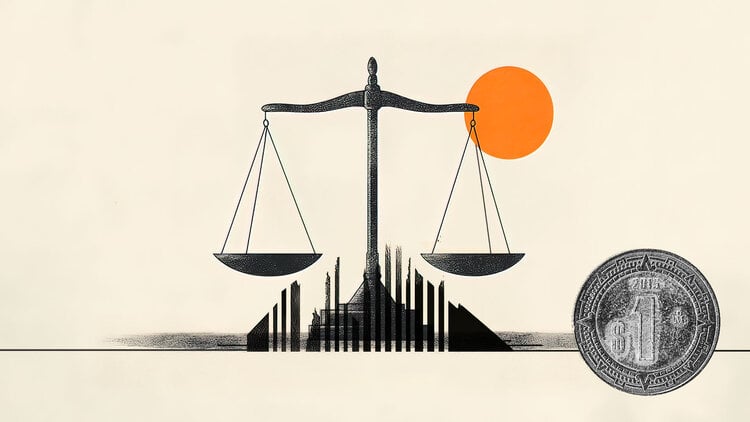The Executive Secretary of the Civil House, Jônathas Castro, said that the Proposed Amendment to the Constitution (PEC) negotiated by the President of the Republic, Jair Bolsonaro, to lower fuel prices, in an election year, must authorize the reduction of taxes that are charged. by the states and the Federal District.
He said there is a “relevant effort” on the part of the government to contain inflation. The Chief Minister of the Civil House, Ciro Nogueira, according to him, has been dealing with the matter in recent days.
“This effort I’m referring to is the one that has been in the press in recent days to reduce federal taxes on fuel. The idea is for Congress to authorize the government to do this. But the idea is that Congress also authorizes the states and the Federal District to do so”, said Castro, in a podcast published this Friday (21) by the Civil House.
Bolsonaro said on Thursday (20) that he is negotiating with Congress a PEC to reduce the price of fuel and electricity later this year, in which he plans to run for reelection.
The exemption on fuel would reduce federal revenue by around R$ 50 billion, as shown by Broadcast (Grupo Estado’s real-time news system) and the newspaper O Estado de S. Paulo.
The impact for the consumer, however, would be small: reduction between R$ 0.18 and R$ 0.20 in the price of a liter of fuel.
“In short, it is a temporary measure, which authorizes the federal government, the states and the Federal District to reduce their taxes”, said the executive secretary of the Civil House. In his view, the measure is justified by the economic impacts of the covid-19 pandemic.
“The federal government has already tried, (but) so far we have not been successful, in this line of reducing state taxes, and this is a factor that greatly affects the price of fuel”, he added.
In Congress, deputies and senators admit support for the PEC, as shown by Broadcast Político, but classify the measure as electoral when considering a small effect on the final price of gasoline, but with a high cost to the public coffers.
In addition, the movement is seen as pressure for governors to reduce ICMS, a tax levied by states.
The governor of Piauí, Wellington Dias (PI), coordinator of the forum that brings together the heads of state executives, linked Bolsonaro’s attempt to the exemption given in 2017 during the truck drivers’ strike, a measure he classified as “demagoguery”.
In addition, he said that electoral legislation and tax rules could make such a measure unfeasible and defended a Senate project to create a price stabilization fund.
Reference: CNN Brasil
I am Sophia william, author of World Stock Market. I have a degree in journalism from the University of Missouri and I have worked as a reporter for several news websites. I have a passion for writing and informing people about the latest news and events happening in the world. I strive to be accurate and unbiased in my reporting, and I hope to provide readers with valuable information that they can use to make informed decisions.







